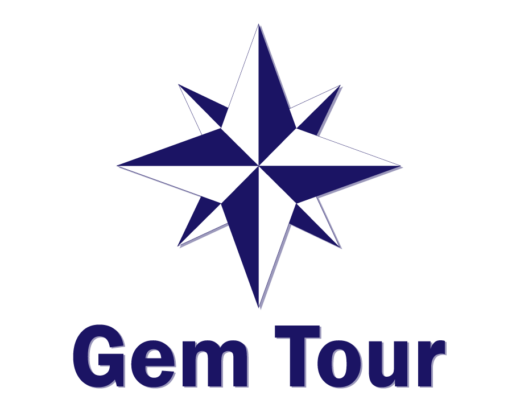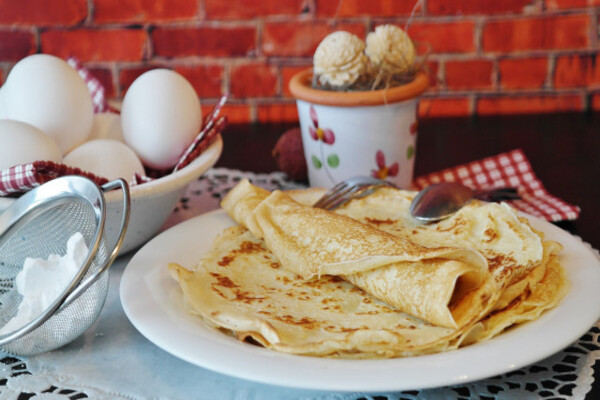Russia is a country rich in culture and history, evident through its many annual events and festivals that celebrate various aspects of Russian life. From traditional religious observances to modern cultural celebrations, these events provide a window into the diverse and vibrant tapestry that is Russian society. In this essay, we will explore some of the main annual events and festivals that take place throughout the year in Russia, highlighting their significance and impact on the country’s cultural landscape. By delving into these celebrations, we can gain a deeper appreciation for the country’s traditions and the ways in which they continue to shape Russian identity in the present day.
Maslenitsa
, also known as Butter Week or Pancake Week, is a traditional Russian festival that marks the end of winter and the beginning of spring. This week-long celebration is filled with various activities such as eating blini (thin pancakes), participating in winter sports, and enjoying music and dancing. One of the most notable customs during Maslenitsa is the burning of a straw effigy symbolizing winter, a ritual that dates back centuries. Families come together to partake in these festivities, creating a sense of unity and community. This festival not only serves as a cultural event but also holds religious significance as it is observed before the start of Lent in the Eastern Orthodox Church. Maslenitsa is a time for Russians to come together, enjoy delicious food, and celebrate the changing of the seasons.
Victory Day
, also known as VE Day, is a significant annual event in Russia commemorating the victory of the Soviet Union over Nazi Germany in World War II. Celebrated on May 9th, Victory Day is a day of remembrance and gratitude for the sacrifices made by the Russian people during the war. The day is marked by military parades, fireworks, and tributes to veterans who fought bravely for their country. Families gather to honor the memory of those who perished in the conflict and to celebrate the resilience and unity of the Russian people in the face of adversity. Victory Day is a deeply symbolic and emotional day for Russians, reflecting their pride in their country’s history and resilience in the face of great challenges.
Russian Christmas
is celebrated on January 7th, following the Orthodox Christian calendar. The holiday is marked with various traditions and customs that differ from those in Western Christmas celebrations. One significant aspect of Russian Christmas is the observance of a 40-day fast leading up to the holiday, during which participants abstain from meat and dairy products. On Christmas Eve, a festive meal called “Holy Supper” is served, featuring dishes such as kutia (sweet grain pudding), borsch (beet soup), and potato pancakes. The evening is also marked by the appearance of a “Holy Star” or “Bethlehem Star,” symbolizing the Star of Bethlehem that guided the Magi to Jesus. Another tradition involves visiting church services, where families gather to attend Mass and partake in religious ceremonies. Overall, Russian Christmas is a time of spiritual reflection, family gatherings, and joyous celebrations.
Moscow International Film Festival
The V. Moscow International Film Festival, held annually in Moscow, Russia, is a prestigious event that showcases the best in international cinema. With a focus on both established and emerging filmmakers, the festival provides a platform for artists to share their work and connect with industry professionals from around the world. The festival features a diverse selection of films, including documentaries, feature films, and shorts, that cover a wide range of genres and themes. In addition to screenings, the festival also hosts panel discussions, workshops, and networking events to further support the development of the global film community. Overall, the V. Moscow International Film Festival is a must-attend event for cinephiles and professionals alike, offering a unique opportunity to experience the magic of cinema on an international stage.
White Nights Festival
One of the most anticipated events in Russia is the White Nights Festival held in St. Petersburg. This cul- tural festival celebrates the natural phenomenon of the sun never fully setting during the summer months. The festival features various events such as classical music concerts, opera and ballet performances, art exhibitions, and fireworks displays. The city comes alive with locals and tourists alike, enjoying the extended daylight hours and the vibrant atmosphere. The White Nights Festival is a unique experience that showcases the rich cultural heritage of St. Petersburg and attracts visitors from around the world.
Russia’s annual events and festivals offer a unique glimpse into the country’s rich cultural heritage and traditions. From the vibrant celebrations of Maslenitsa to the world-renowned White Nights Festival in St. Petersburg, there is no shortage of opportunities to immerse oneself in the diverse and colorful tapestry of Russian life. These events not only showcase the talent and creativity of Russian artists and performers but also provide a platform for fostering a sense of community and national pride. As we have explored in this essay, the impact of these annual gatherings goes beyond mere entertainment, serving as a reflection of Russia’s tumultuous history and resilient spirit. Moving forward, it is crucial to continue preserving and promoting these important cultural events to ensure that future generations can also experience the magic and wonder of Russia’s annual festivals.

